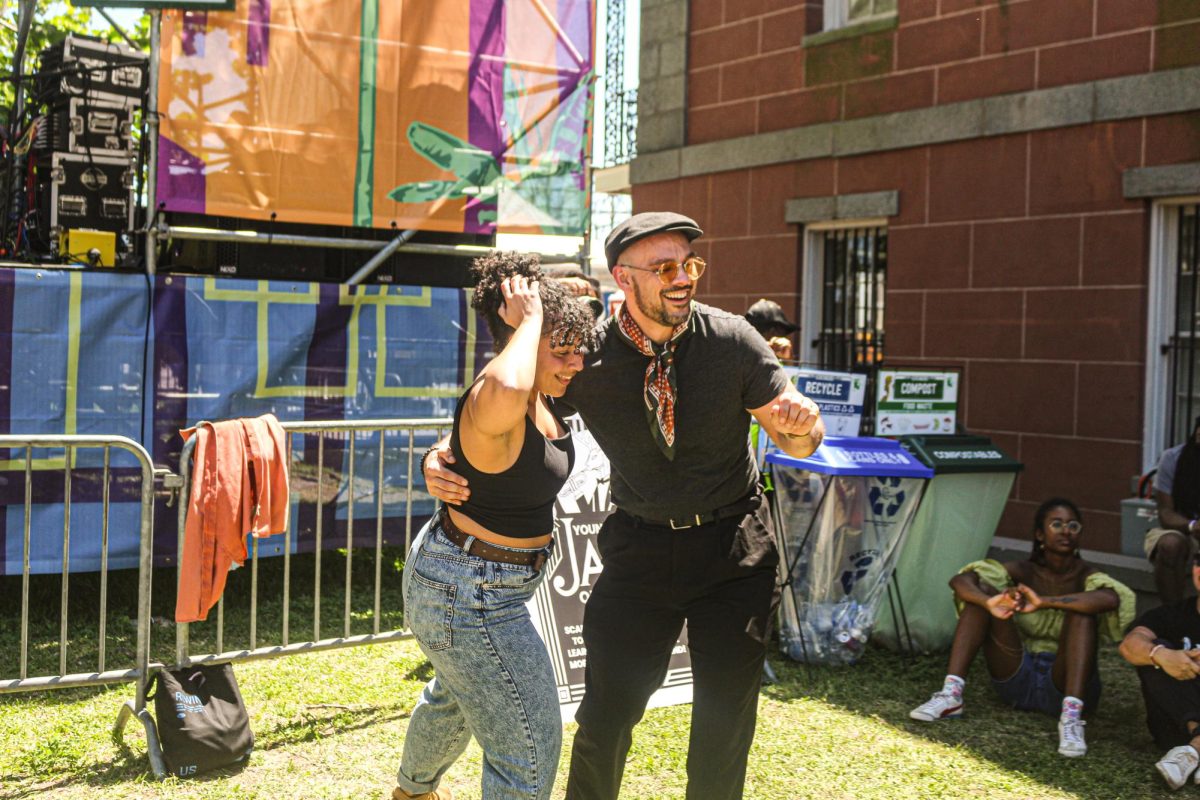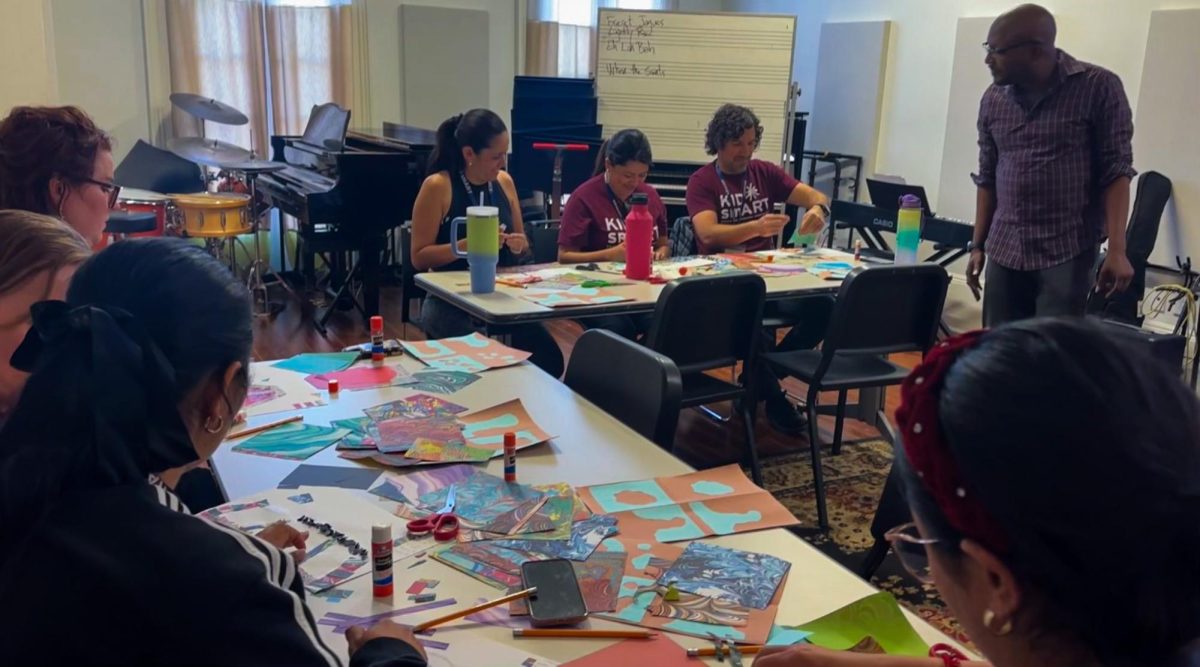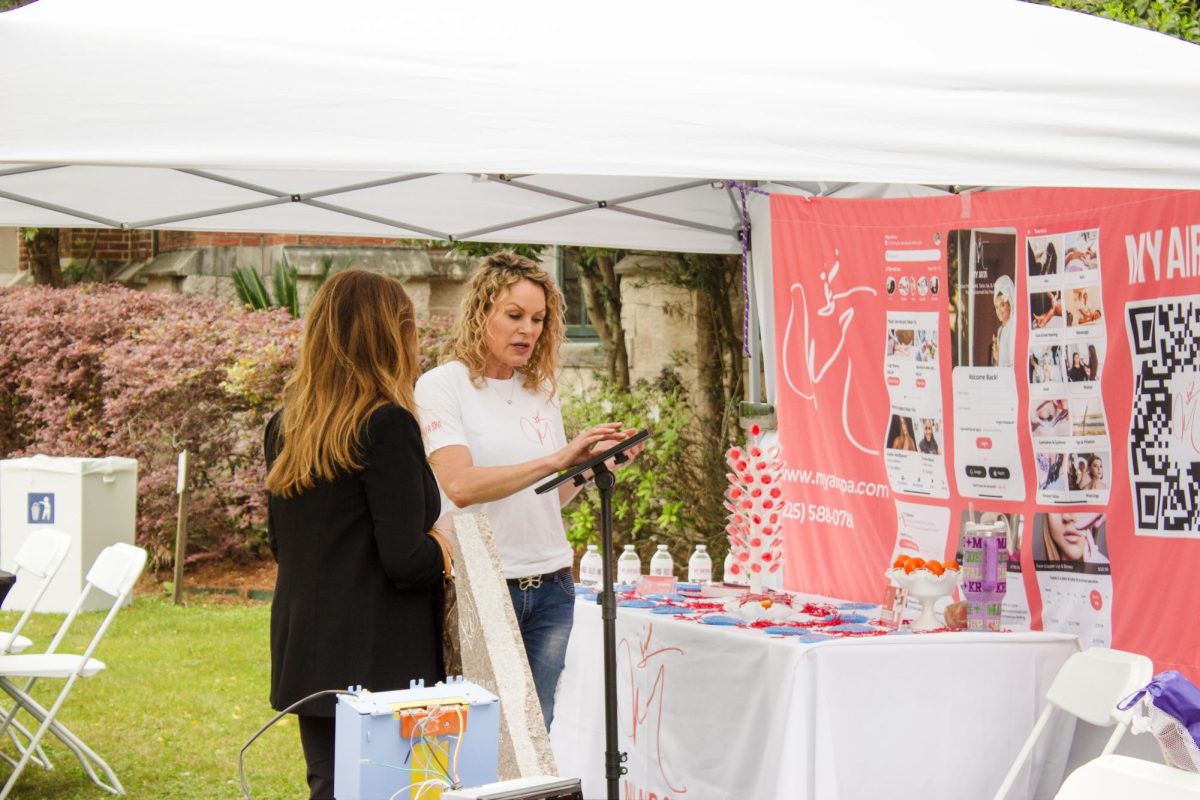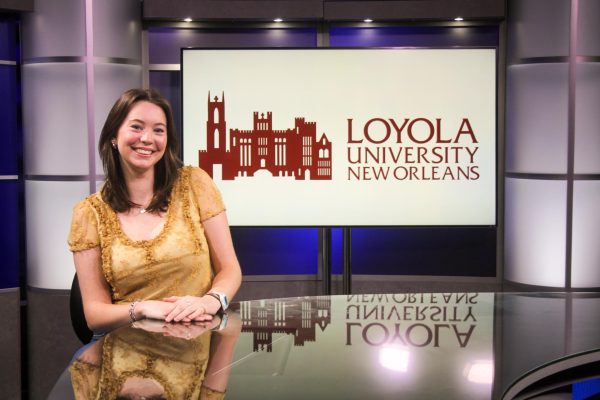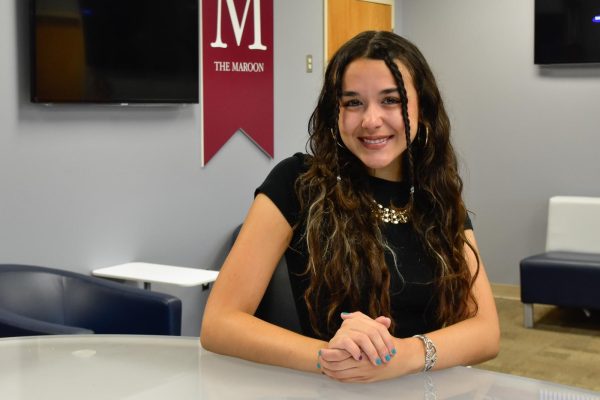There’s a lack of trust in the media, according to Editor-in-Chief of the Daily Mississippian Karley Redmon. As the media faces new challenges, like President Trump’s administration temporarily banning the Associated Press from the White House press pool, many student journalists entering the field are considering what their future careers might look like.
Answering those questions is one of the things that groups like the Society of Professional Journalists do. It is important to give student journalists a platform to express their fears and opinions on what the future holds.
SPJ is an education and advocacy organization, which had their Region 12 “Blues, Truths, and The Beat of Justice” conference in Memphis, Tennessee on March 28-29. The conference hosted a speaker panel of journalists from around the nation. Sessions focused on storytelling and bringing journalists together, as well as holding an award ceremony for student journalists and university news.
Kallie Bourgeois, copy editor at Lousiana’s Northwestern State University’s student newspaper The Current Sauce, feels as though reporting is necessary despite her fears of the unknown.
“It’s very scary but that is why I think we need journalism,” Bourgeois said. “We need people to talk about it and we need people to share. We need to shed light on parts of history that need to be remembered.”
Bourgeois added that her passion for reporting LGBTQ+ and minority issues doesn’t come without fear.
“I’m personally scared because it is kind of a hot topic within the community,” Bourgeois said. “It’s a conversation that people don’t want to hear. You are advocating for people to live a certain way when it’s being pushed so hard against.”
Student journalist and editor-in-chief of The Current Sauce Lia Portillo Cantarero said sticking close to communities is the way to sustain journalism for the future.
“I think that helping each other out and talking to each other is important,” Cantarero said. “For example, if you are working on a beat that you aren’t necessarily familiar with, it’s important that we help each other out instead of excluding ourselves.”
Pierce Gentry, a senior at the University of Tennessee studying journalism and electronic media, said journalism excels when it gives a voice to the voiceless while holding those with the loudest voices accountable.
“I’m personally a strong advocate for nonprofit newsrooms because they don’t really have a corporate bottom line to serve. They simply serve their audience,” Gentry said.
Emma Rasbuttin, sophmore journalism student at the University of Arkansas says there’s a new approach to telling news stories, and since it’s unknown, there’s more opportunity to innovate and approach stories.
“I feel like journalism keeps hope and storytelling alive,” said Rasbuttin.
Elle Perry, the art and culture editor for the Daily Memphian is excited to watch young journalists enter the field.
“I would tell student journalists, just keep going,” Perry said. “There are people like us that are rooting for you and want to see you succeed.”
When thinking of how to gain trust from the public, artificial intelligence and social media don’t go unnoticed.
Natalie Murphy, senior and editor-in-chief of The Hill magazine at University of Arkansas said despite her fear and unknowns about the role AI will play in journalism she knows that there is no replacement for the work and art journalists do.
“Journalism is everything, it’s every story,” Murphy said.
Matthew Leimkuehler works as an assistant journalism professor at Middle Tennessee State University and a freelance music journalist. He said journalists entering the field should remember the goal of journalism must stay the same: to tell stories.
“I think that no matter how the medium changes or technology changes there is always going to be a need for people to tell stories, collect information, and put information out there to be consumed,” said Leimkuehler. “The medium may change but the idea doesn’t.”
According to the Pew Research Center people trust local news stations more than national ones The survey showed that viewers were less interested in media they weren’t already consuming.
With an overwhelming amount of platforms to choose from there is a larger margin of error, but Remond said there is a way trust can be reintegrated into media.
“I think that comes from going out into the communities and making sure that people really know who we are instead of staying in our press boxes and newsrooms,” Redmon said.


